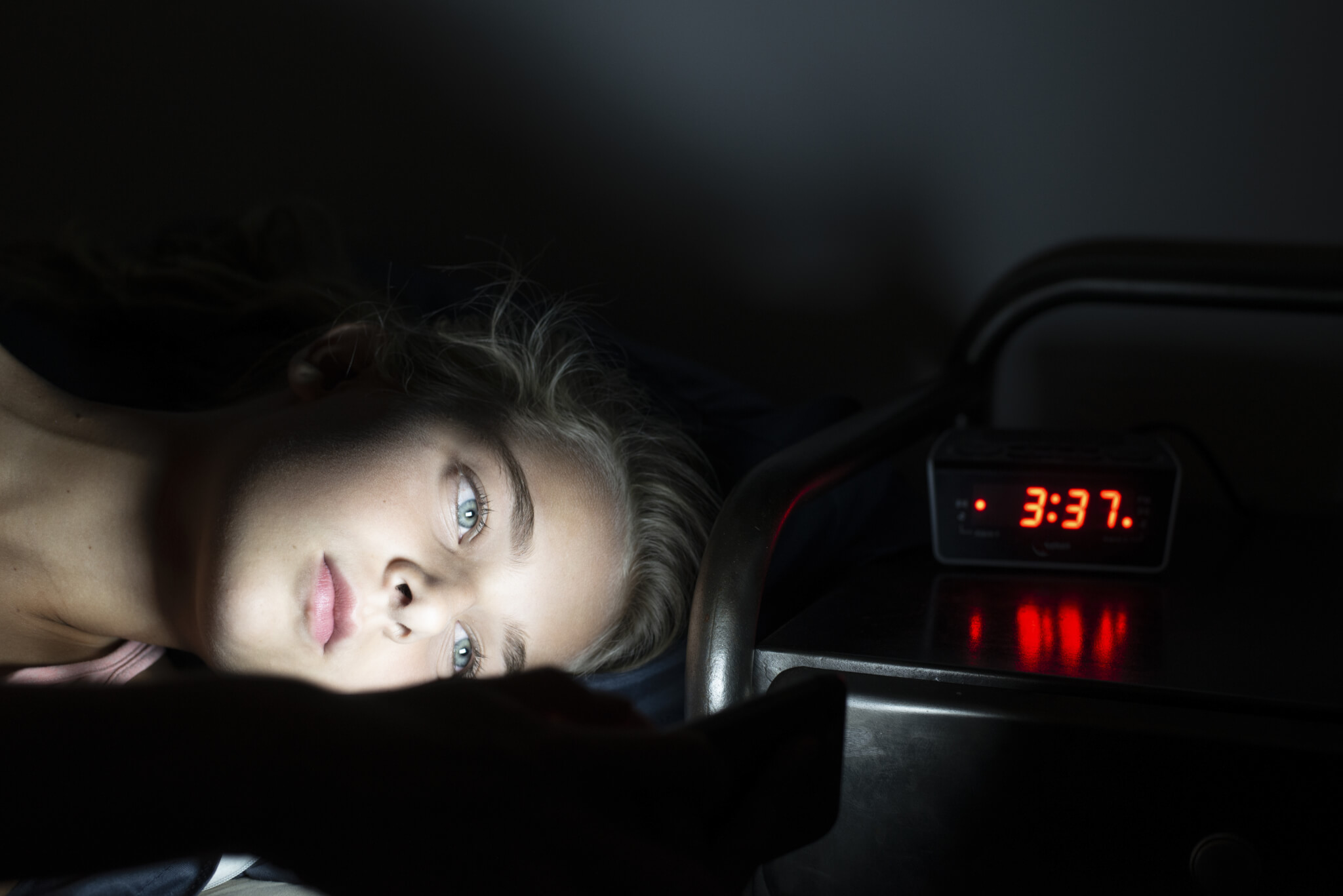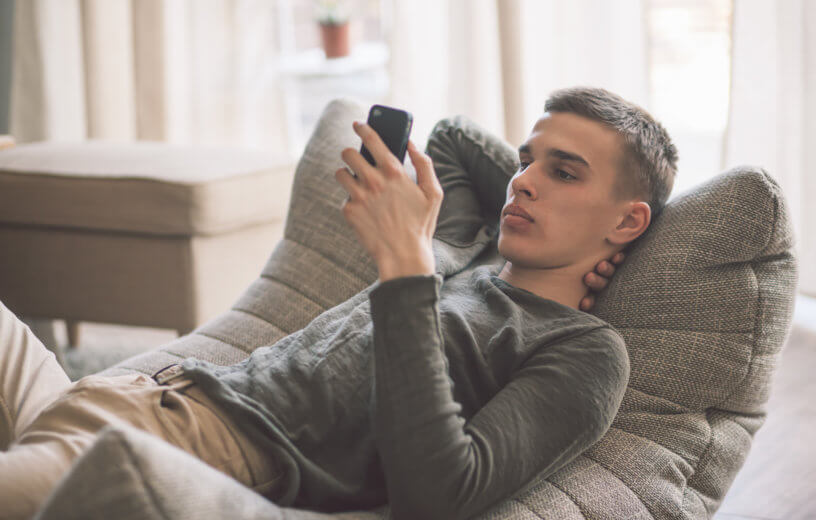ADELAIDE, Australia– Teens love their sleep, but they might love their TikTok more. If your child is always up late, they could be using their phones so much that it starts to affect their sleep, researchers from the University of South Australia (UniSA) warn. Their study highlights a significant disruption in sleep patterns linked to technology use, particularly on weekends. This disruption, however, doesn’t seem to translate directly into increased psychological stress, providing a nuanced view of tech’s impact on adolescent health.
There are no shortage of studies pointing to the problems excessive screen time can cause. From worsening vision to obsessive-compulsive disorder (OCD) to binge eating, the risks are aplenty and parents should be aware. In fact, one study even suggests that adolescents who are always in front of their screens face a greater risk of suicidal thoughts.
“Owning a mobile phone and having access to technology is common for many young people, but teenagers are notorious for being ‘glued’ to their phone or device, and it’s important that we understand how this might affect different aspects of their lives,” says UniSA researcher and postgraduate student, Alexander Reardon, in a media release.
Just like the wide range of studies connecting screen time to potential health problems, there’s an even larger body of research that shows how irregular sleep patterns can do the very same. These two problems can become entangled over the weekend when kids are more likely to use their free time with their faces glues to digital devices — and stay up later, too.

“We already know that many teenagers don’t get enough sleep on school days. This can be quite normal as teenagers tend to experience natural delays in their ‘body clocks’ as they get older, leading them to go to bed later and get up later. But most of these teens catch up on missed sleep on weekends when they have a chance to ‘sleep-in,'” says Reardon.
The team of researchers assessed sleep habits, well-being, and technology use in 462 Australian school students between the ages of 12 and 18. They compared tech use — like social media, TV, and gaming — on weekdays and weekends, and found that the relationship between its use and sleep follows a different pattern on the weekend compared to weekdays. While it’s known that adolescents often delay sleep on weekends, the study found that this is when technology use spikes, especially for those who prefer later bedtimes.
Overall, late sleepers were associated with more frequent tech use. Older teens were more likely to be on social media/texting or TV/streaming, while younger ones were more prone to gaming. Interestingly, social media/texting was predictive of shorter sleep on weekends only, while TV/streaming was predictive of waking up later on weekdays only.
However, the situation takes a turn when considering the emotional impact. Despite assumptions about screen time and mental health, the study discovered that the kind of technology used, and even the student’s sleep preferences, did not predict their level of psychological distress. The real culprit? Shortened sleep during the weekdays, emphasizing that the repercussions of lost sleep might be more related to the disruption of regular sleep patterns rather than direct exposure to technology.
Current sleep health guidelines suggest that teens get anywhere between eight and 10 hours of sleep per night. If they don’t, they’re more likely to struggle both in and out of the classroom. As such, the team encourages families to take this information seriously and make sure their teens are getting quality sleep.
While teenagers may enjoy more freedom during weekends, the relationship between their screen time and sleep is undeniable. The researchers suggest that guidelines on healthy sleep hygiene practices should not overlook the role of technology.
“When we don’t get enough sleep, we can experience problems with thinking, concentration, memory, reaction times and mood, all of which make it harder to perform daily tasks and increase the risks of mistakes,” says UniSA researcher Dr Alex Agostini. “For teens and parents, the message is clear: cut back on night-time tech and not only will get a better night’s sleep, but everyone will be in a better head space the next day.”
The findings appear in the journal Child and Adolescent Mental Health.
